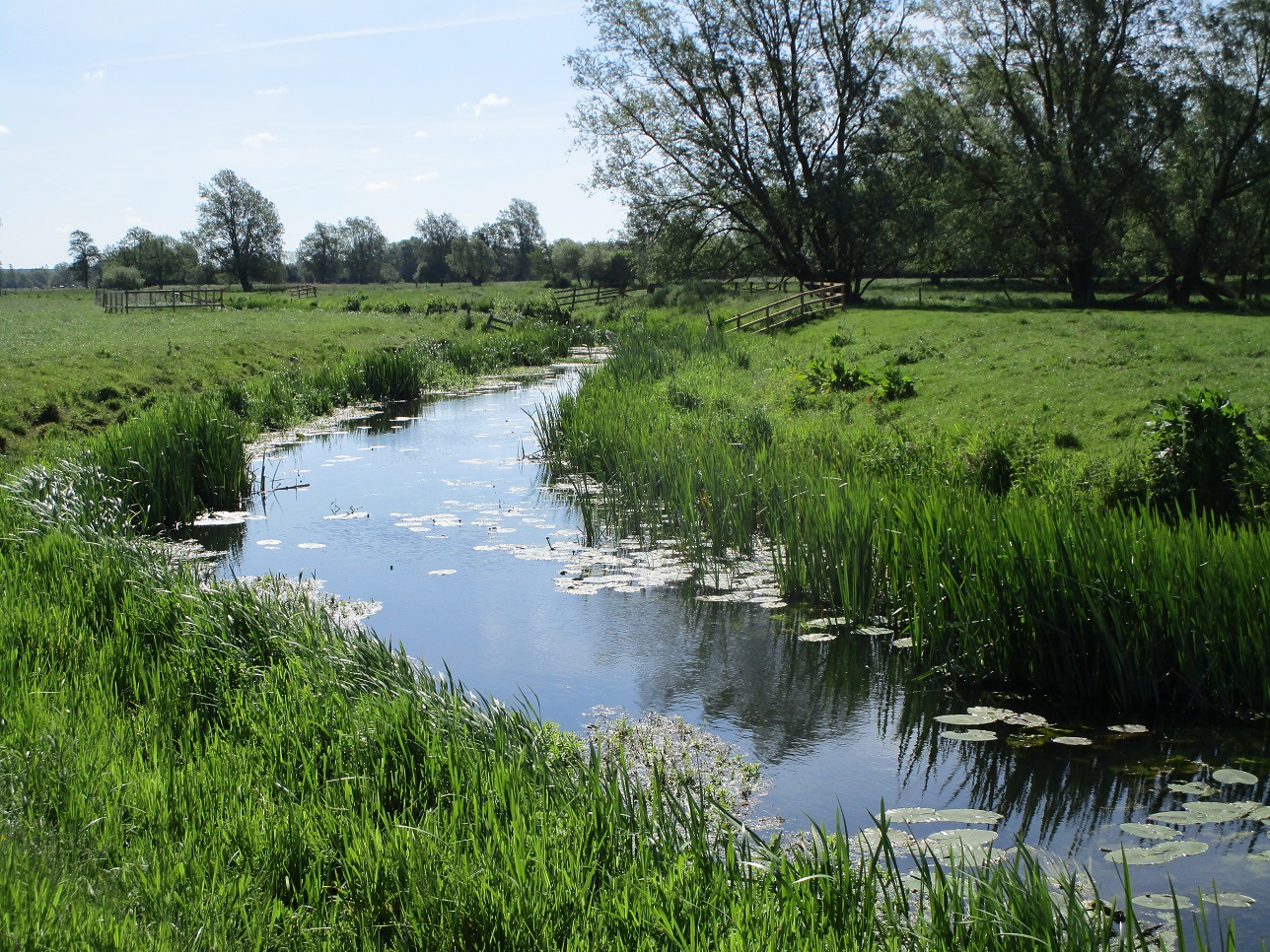Septic Tank Awareness
Many households in rural Norfolk & Suffolk rely on a septic tank to collect wastewater, however many people are unaware of the impact a failing system can have on the surrounding environment. Failing septic tanks can start to smell, spread disease and pollute rivers, lakes and groundwater. The River Waveney Trust has run campaigns, in collaboration with Groundwork and the Environment Agency, to educate and advise homeowners on best practice septic tank management and sewage treatment.
A waste water management leaflet gives an overview of what you can do to prevent pollution from your own home if you are not on mains sewage,
How septic tanks failures can impact rivers
- Excess nutrients, such as phosphates, can cause excessive growth of some plants, which can lead to a lack of oxygen in the water and is damaging for many organisms including invertebrates and fish.
- Pathogens, bacteria and excess organic loads can cause harmful changes to the aquatic environment.
Help us reduce phosphate levels
- Empty your septic tank regularly to avoid a build-up of sludge.
- Prevent the system from discharging directly into a watercourse (doing so is breaking the law).
- Use environmentally friendly detergent brands without phosphate (also shown as Sodium Tripolyphosphate on packaging).
- Use laundry liquids or powders instead of tablets and use as little as possible.
- Minimise bleach and disinfectant use.
- Prevent roof water from entering your system as it may wash solids into the soakaway.
- If you have a treatment plant, have it serviced regularly according to the manufacturer’s guidance.
- Do not put solid items, such as nappies and sanitary items, into the sewage system.
For more information on managing your septic tank, please contact Emily Winter.

